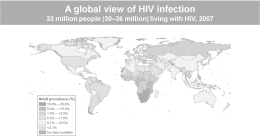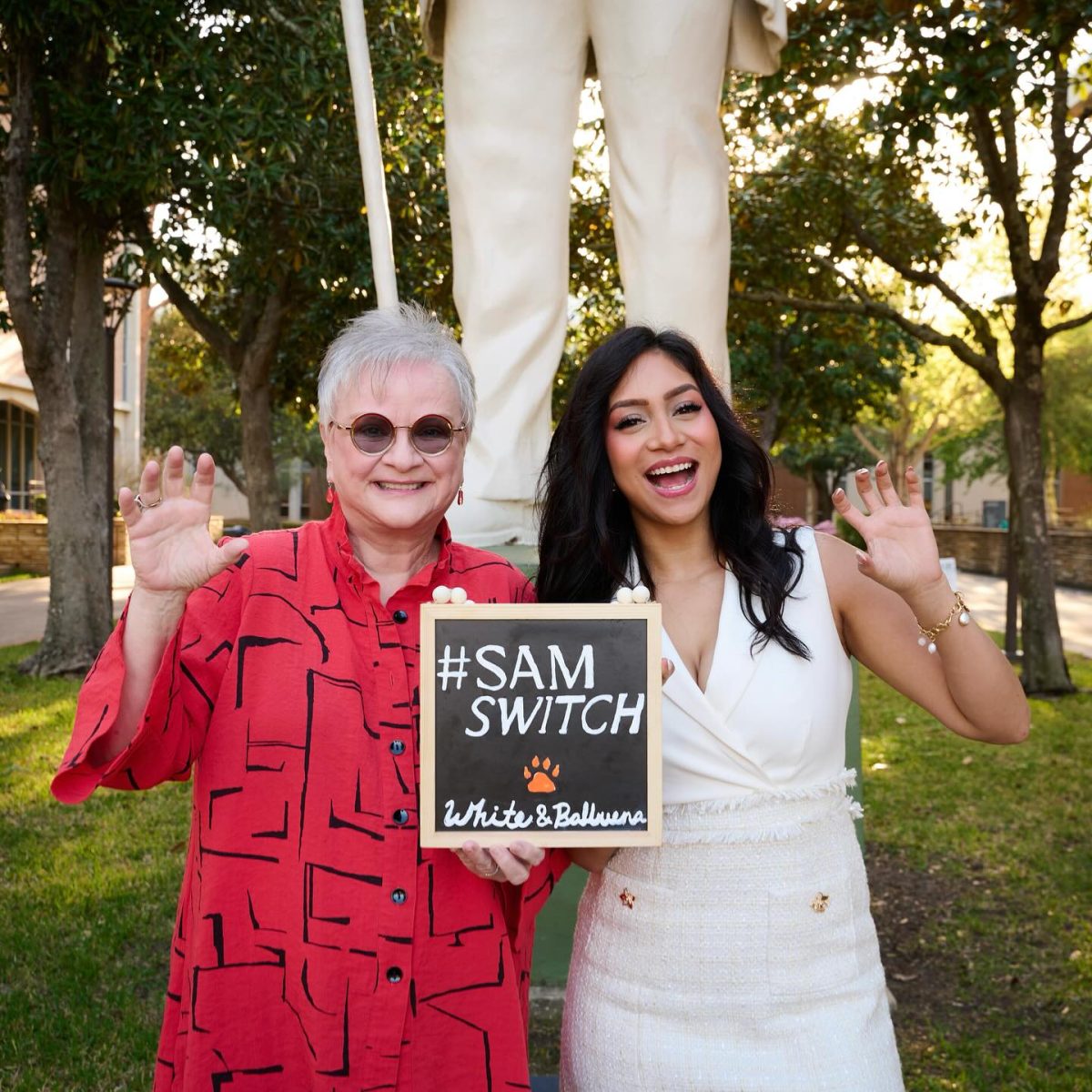Every nine minutes, someone in the United States is infected with HIV.
According to the Center for Disease Control and Prevention, there are more than 56,000 new cases of HIV/AIDS every year in America.
Approximately 13 percent of these cases are comprised of people ages 13-24.
This year, the Office of Multicultural and International Student Services will be observing AIDS Awareness Day on Dec. 1 in conjunction with World AIDS Day.
Information will be set up at 12 p.m. in the Mall Area.
Donielle Miller, program coordinator of the Office of MISS, says that the purpose of this worldwide event is to spread knowledge of this widespread epidemic.
“We want to educate students and the university community on AIDS and how it plagues our world,” Miller said.
Acquired Immune Deficiency Syndrome, or AIDS, is the final stage of the HIV infection, also known as the Human Immunodeficiency Virus.
Once the body has reached this stage, the immune system becomes weak and has a difficult time fighting infection.
According to Planned Parenthood, HIV is spread by sexual contact, sharing syringes with someone who is infected or by getting HIV-infected blood into an open wound.
HIV can also be spread from an infected mother to her child during birth or breast feeding.
Sarah Hanel of the SHSU Health Center says that sexual contact is the most common way of contracting HIV.
“The only way to 100 percent prevent the sexual transmission of HIV/AIDs is abstaining from sexual activity”, said Hanel.
Contrary to a popular myth, you cannot contract HIV or AIDS from a toilet seat, door knob or any other common surfaces.
Casual contact, such as kissing, shaking hands and sharing drinks, also cannot pass HIV.
AIDS is said to be a highly preventable disease which can be avoided by always using protection during sexual contact and never sharing needles with anyone.
There is no vaccine or cure for HIV or AIDS.
Although there are symptoms for these diseases, they often do not surface until years after contracting HIV.
The only way to know if you have HIV is to get tested. One-fourth of those infected do not know they have the disease.
It is important to get tested with your partner before having sexual intercourse.
Testing is available at Planned Parenthood and at the SHSU Health Center.
Tests are confidential, simple and fast. Rapid HIV testing is done by either swabbing the inside of the mouth or taking blood from a fingertip.
Results are available in less than an hour.
Hanel says that the test currently costs $22.60 at the Health Center, but is subject to change.



















